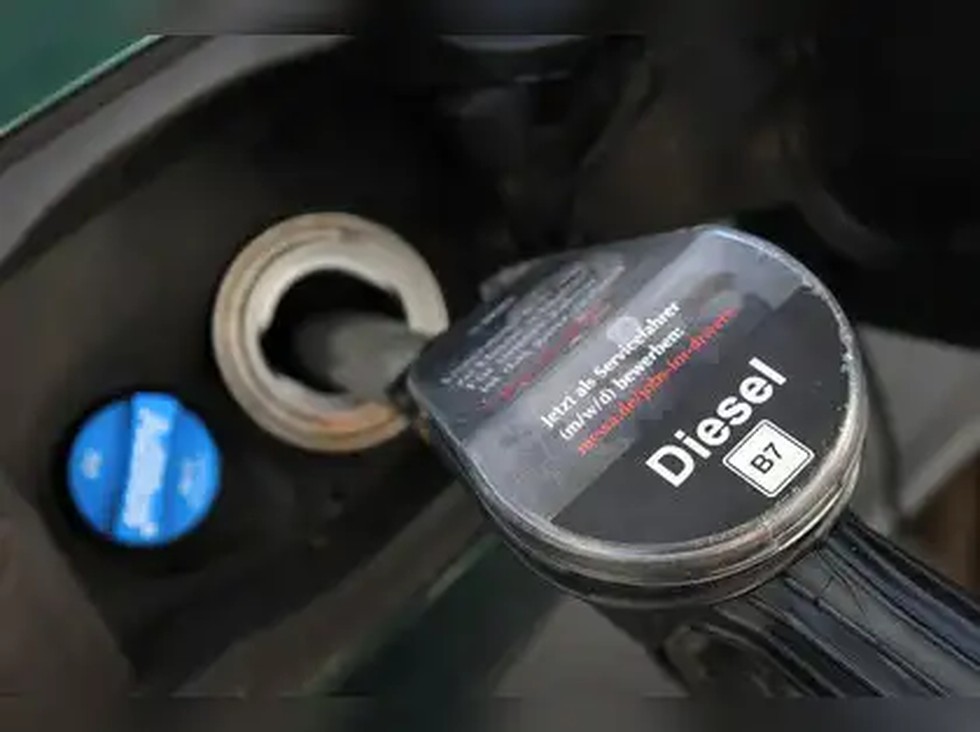About Corporate Average Fuel Efficiency (CAFE) Norms:
- Corporate Average Fuel Efficiency (CAFE) norms are government-mandated standards that require auto manufacturers to meet a fleet-wide average fuel economy target.
- These are introduced by the Bureau of Energy Efficiency (BEE) in 2017, and aim to regulate fuel consumption and CO₂ emissions from passenger vehicles under 3,500 kg.
- In India, CAFE norms were introduced in two phases, with the first stage effective from 2017-18 and the second from 2022-23.
- These norms apply to vehicles powered by petrol, diesel, LPG, CNG, hybrids, and electric power.
- Objective: CAFE norms were designed to:
- Reduce oil imports
- Cut air pollution
- Promote cleaner vehicles like EVs, CNG cars, and hybrids.
Key Facts about Bureau of Energy Efficiency:
- It was established in 2002 under the provisions of the Energy Conservation Act, 2001.
- Objective: The primary objective of BEE is to reduce energy intensity in the Indian economy.
- Function and Duties:
- It coordinates with designated consumers, designated agencies and other organizations; recognizes, identifies and utilizes the existing resources and infrastructure, in performing the functions assigned to it under the Energy Conservation Act.
- The EC Act provides for regulatory and promotional functions which are assigned to the organisation..
